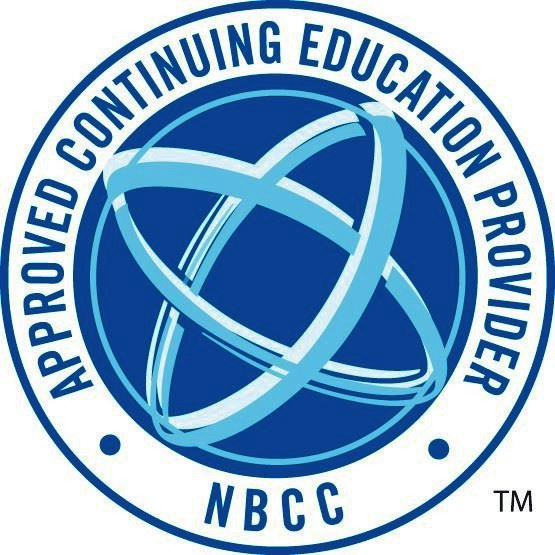|
2019 Bridging the Gap The purpose of this training is to provide an opportunity for law enforcement personnel and mental health professions to come together and gain a deeper understanding of the psychological services and topics relevant to law enforcement. Presenters for the training specialize in providing assistance and services to law enforcement personnel and agencies. This training will be practical, discussion oriented, and informative to officer wellness, types of psychological services available to law enforcement personnel, and resources. Date: June 11th Time: 8:30am to 4:30pm Location: Erin’s Pavilion Southwind Park, Springfield IL http://www.springfieldparks.org/facilities/pavilions/erins.aspx Continuing education credits available for clinicians who attend, sponsored by Northwestern University accredited by NBCC. [6 CEUs credits] Register HereSchedule: Description: The emotional stress and fatigue of law enforcement work is unlike other professions. This training exposes law enforcement personal and mental health practitioners to the unique attributes of the law enforcement profession and, therefore, the mental health services and prospective necessary to be effective in providing and receiving assistance. This introduction time will begin to set the stage for understanding the law enforcement culture and personality and how different mental health services have developed or were tailored to meet those needs. Description: The impacts of adapting to a career as a first responder will involve cumulative, traumatic and post-traumatic stressors which impact functioning physically, emotionally, psychologically and spiritually. The participant will learn about identification of external stressors, the continuum of stressors, and recognize how their adaptation and management of stressors and demands can contribute to cumulative and traumatic stress. Information regarding recognizing cues and various stress management techniques will also be addressed as part of the discussion. Stress Breaks throughout the day will offer examples of techniques to use to help mitigate the impact of stress. (10:30am – 10:45am) Break Description: This topic will focus on how “Wellness” has contributed to our understanding of lessening the impact of Post-Traumatic Stress, and it may have brought us to a point where the word “Disorder” applies only when it appears in its most severe form. In other words, in the future we will likely conceptualize PTS and PTSD as different points on a continuum. Will this change our thinking as we continue to respect it in our collective historical conscious of warrior science, and yet move into an evolving understanding of PTS(D), in the context of mindfulness and wellness, including new choices of resiliency, reactivity, management, and treatment? Will it change how we make daily choices about diet, nutrition, exercise, and a host of other choices affecting resiliency? Will it change how we make choices about immediate post critical incident reactions and management? Will it change how we make choices in treatment? The practical answer to all of these is already yes. (12:15pm to 1:15pm) Lunch Provided On location (1hr): Working lunch networking with presenters - Discussion topic “Peer Support Programs” – Facilitated by Dr. Thomas Campion, PhD and Rev. Timothy Perry Description: Peer support programs can be effect in providing support to fellow officers as well as promote officer wellness. This discussion will focus on developing peer support programs, the value of these programs, and potential challenges in managing these programs. Attendees are encouraged to ask questions and participate sharing experiences with such programs. Peer support training materials and resources will be available. Description: Law enforcement personnel manage a variety of stressors on a daily basis, including organizational demands, exposure to occupational trauma, internal personal conflicts, public pressures, and potentially dangerous stress reactions. This presentation explores the ways counseling professionals and mental health professionals can become adequately equipped to ‘protect and serve’ the mental and emotional needs that exist. The purpose of this presentation is to properly equip professional counselors and mental health professionals with supporting law enforcement personnel. Key factors impacting law enforcement will explore a greater understanding of organizational culture, competing social factors, appropriate coping skills, personal trauma responses, and family well-being, that counteract the effects the trauma from the position. (2:45pm– 3:00pm) Break Description: Psychological testing has been a part of the hiring and retaining of police officers for many years. The purpose of these evaluations is unique to that of psychological testing in mental health facilities. This presentation will introduce different psychological screening processes, specific laws pertaining to these processes, and the type of screening tools used. Standards for these processes will be shared as well as the professional competencies required to perform such services. Register Here |




